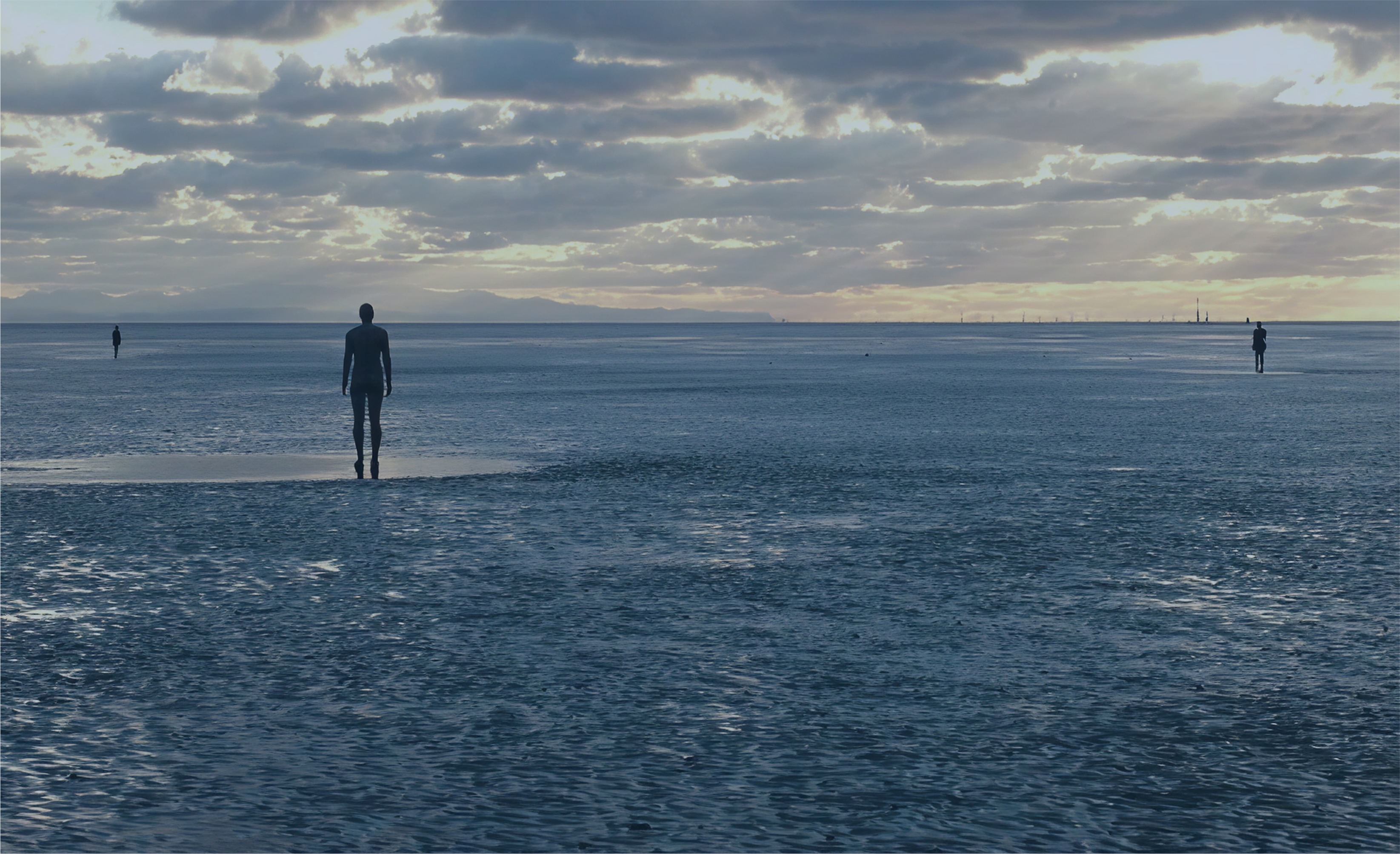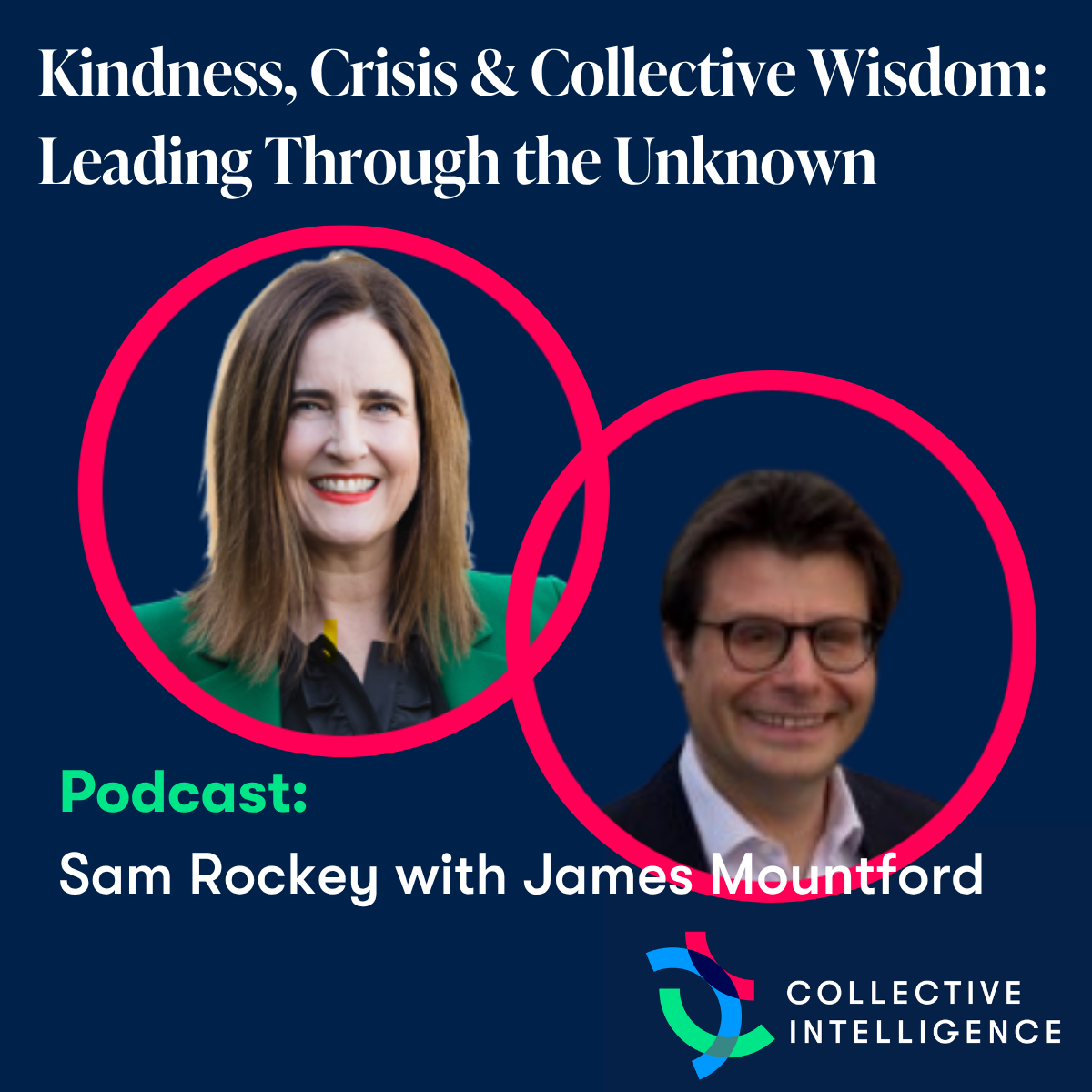
To ask the hard question is simple:
Asking at meeting
With the simple glance of acquaintance
To what these go
And how these do;
To ask the hard question is simple,
The simple act of the confused will.
But the answer
Is hard and hard to remember:
On steps or on shore
The ears listening
To words at meeting,
The eyes looking
At the hands helping,
Are never sure
Of what they learn
From how these things are done,
And forgetting to listen or see
Makes forgetting easy,
Only remembering the method of remembering,
Remembering only in another way,
Only the strangely exciting lie,
Afraid
To remember what the fish ignored,
How the bird escaped, or if the sheep obeyed.
[...]
Shall memory restore
The steps and the shore,
The face and the meeting place;
Shall the bird live,
Shall the fish dive,
And sheep obey
In a sheep's way;
Can love remember
The question and the answer,
For love recover
What has been dark and rich and warm all over?
Theme
This month we’re building bonds, which particular emphasis on how this can be done through the exchange of ideas through questioning and answering. Naturally, this is also about knowing when to speak and when to listen, and leaders must cultivate an atmosphere in which everyone feels free to voice their thoughts—this is how we build bonds.
Who?
This week’s poem was written by W. H. Auden (1907 – 1973). Auden was brought up in England and studied at Christ Church Oxford. After this he travelled widely, from Germany to China and eventually to the US, where he became a citizen in 1946.
What?
To ask the hard question is simple. We can see this in the poem above, which explores how those simple questions – ‘how have you been?’ – are often the most difficult to answer. They are those questions that friends and associates often ask (with great ease and simplicity) without really listening for the response. Here Auden thinks about what it would be like if we answered honestly.
He explores this in several ways. Structurally, the poem is antiphonal – which is just a fancy way of saying ‘call and response’, or, in this case, ‘question and answer’. Notice how the first stanza discusses the question, and the second then turns to the answer. It is like two people having a conversation, but one that goes beyond the formalities into which all so often slip, and, instead, the poem talks honestly of how difficult it can be to form a proper response:
But the answer
Is hard and hard to remember:
On steps or on shore
The ears listening
To words at meeting,
The eyes looking
At the hands helping,
Are never sure
Of what they learn
The lines are short and sharp and build a confused image of many eyes and ears: an overwhelming scene, and not one that cultivates an atmosphere in which bonding can take place.
For Auden, the true answer to this confusion is understanding and love, which comes through asking questions that are truly meant, and listening patiently and carefully for answers: ‘Can love remember / The question and the answer, /For love recover / What has been dark and rich and warm all over?’ This is not a simple question but notice how the poem ends by opening itself up to the reader, as though waiting for our answer. By doing this, Auden creates a meaningful connection between himself and the reader, whoever she or he may be.
What Else?
Auden also part of something of a literary gang, known as the Auden group, which included the poet Stephen Spender and the writer Christopher Isherwood, with whom he co-wrote three plays: clearly, for Auden, a firm sense of bonding with his friends and fellow writers was a crucial part of his life. This kind of bonding is necessary in all walks of life: Prime Ministers have Cabinets, CEOs have The Board: good leadership depends on this kind of collaboration.
Notice, too, how the final line of the poem takes the form of a riddle: ‘What has been dark and rich and warm all over?’ The answer might be: the bond between us.







.png)




















































.png)























.jpg)










.png)









